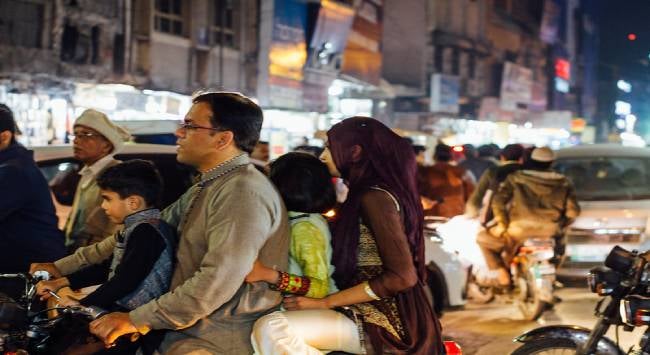
| Title: | Pakistan’s New Middle Class |
| Author/s: | Neo Pei En, Phedra, Amit Ranjan |
| Abstract: | Pakistan’s middle class, like those in other parts of the world, has played a significant role in the country’s politics, society and economy. Over the years, a new middle class has emerged. This new middle class seems to believe in different political values as well as subscribe to a different set of social and religious values from the old middle class. It has also been observed to participate in the economy differently from its predecessors. With that in mind, this paper attempts to make sense of this new middle class in Pakistan, understand some of its distinct characteristics and trace the historical background of the middle class from the colonial period. |
| Date: | 15 December 2022 |
| Read More |
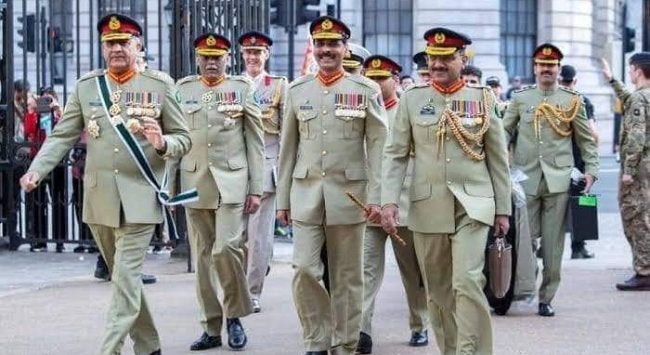
| Title: | Is the Military’s Political Role Passé? A Dialectic of Change and Continuity in Pakistan |
| Author/s: | Danish Khan |
| Abstract: | This paper presents a political economy analysis of the contemporary crisis in Pakistan. It focuses on three key issues which have been largely underexplored in the existing literature. First, it delineates the underlying political and economic drivers which led to the formation and demise of the Pakistan Tehreek-e-Insaaf-led hybrid regime. Second, it discusses the potential role of the military in the future political dispensation of the country by specifying three unique scenarios. Third, it critically assesses the likelihood of each scenario based on the political economy considerations. Historically, the military has remained the hegemonic actor in Pakistan, but the paper argues that the contemporary economic crisis has constrained the agency of the military, at least in the short run, as ‘the’ arbiter of politics in Pakistan. |
| Date: | 22 August 2022 |
| Read More |
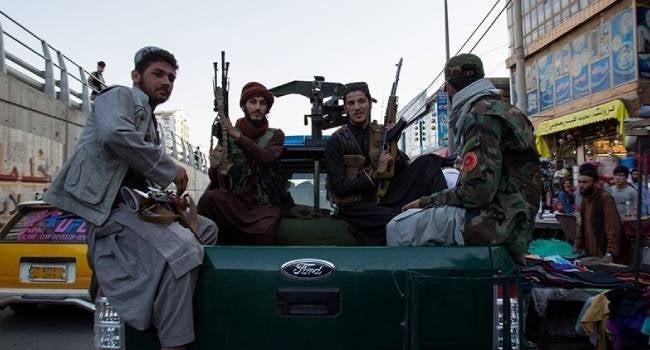
| Title: | Remaking of Afghanistan: How the Taliban are Changing Afghanistan’s Laws and Legal Institutions |
| Author/s: | Haroun Rahimi |
| Abstract: | The Taliban took over the Afghan capital Kabul, in August 2021 and regained control of virtually the entire country. When the Taliban first ruled Afghanistan (1996-2001), they were then stepping into a country void of legal and political order. However, this time, the Taliban have taken over a two-decade-old political and legal order, the Islamic Republic of Afghanistan. What does the Taliban’s takeover mean for the country’s laws and legal institutions? What does it mean for Afghanistan’s legal trajectory? |
| Date: | 26 July 2022 |
| Read More |
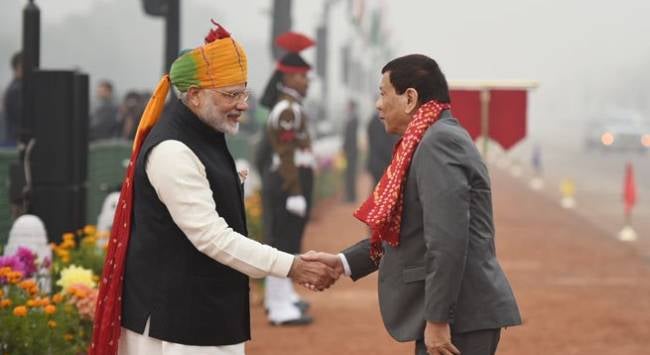
| Title: | India-Philippines Trade and Investment Relations: Prospects for the Future |
| Author/s: | Francis Mark A Quimba, Neil Irwin S Moreno |
| Abstract: | India remains a key partner of the Association of Southeast Asians Nations (ASEAN) despite its exclusion from the Regional Comprehensive Economic Partnership agreement. While the Philippines seems to be a minor player in the ASEAN-India relations, its trade – both in goods and services and investment – engagements with India have gained traction over the last decade. Several Indian firms have conducted notable projects across various Philippine industries, such as pharmaceuticals, infrastructure and information technology. The ASEAN-India Free Trade Area, and policies and agreements, have been perceived to be instrumental in stimulating the flow of goods, services and investments between Philippines and India. As evidenced by the signed memoranda and joint statements, recent collaborations signify that both countries are committed to taking advantage of the established momentum and deepening ties. These efforts present significant opportunities for further cooperation. |
| Date: | 25 April 2022 |
| DOI: | 10.48561/2fp5-zh4h |
| Read More |
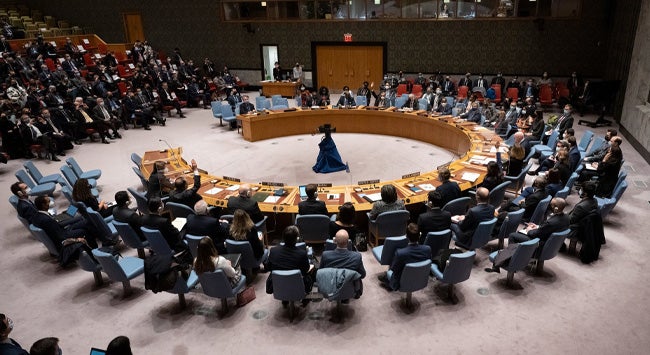
| Title: | Invasion of Ukraine: Implications for the Indo-Pacific and India |
| Author/s: | Yogesh Joshi |
| Abstract: | Ukrainian forces are engaged in pitched battles with the Russians, who have not yet employed the full power of their military capability. The economic sanctions from the West will have a crippling impact on Russia. Bogged down in Ukraine and facing the wrath of global economic and diplomatic isolation, Russia’s President Vladimir Putin may retreat or may dig in his heels. Russia has already heightened fears of nuclear escalation. The Ukrainian crisis has truly transformed international politics. It has forced the United States to shift its strategic gaze towards Europe from the Indo-Pacific, left Russia with little choice but to align more closely with China, and, lastly, cornered India into a major diplomatic dilemma. |
| Date: | 1 March 2022 |
| DOI: | 10.48561/979s-ayz |
| Read More |
Load more


